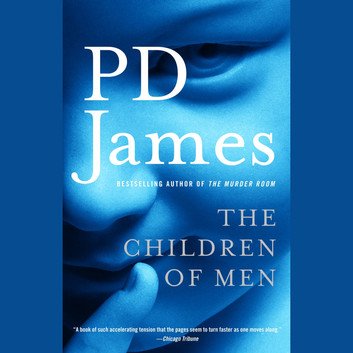
Writing With a Broken Tusk
Writing With a Broken Tusk began in 2006 as a blog about overlapping geographies, personal and real-world, and writing books for children. The blog name refers to the mythical pact made between the poet Vyaasa and the Hindu elephant headed god Ganesha who was his scribe during the composition of the Mahabharata. It also refers to my second published book, edited by the generous and brilliant Diantha Thorpe of Linnet Books/The Shoe String Press, published in 1996, acquired and republished by August House and still miraculously in print.
Since March 2024, Jen Breach (writer, VCFA graduate, and former student) has helped me manage guest posts and Process Talk pieces on this blog. They have lined up and conducted author/illustrator interviews and invited and coordinated guest posts. That support has helped me get through weeks when I’ve been in edit-copyedit-proofing mode, and it’s also introduced me to writers and books I might not have found otherwise. Our overlapping interests have led to posts for which I might not have had the time or attention-span. It’s the beauty of shared circles.


Alone Together: The Magic of Shared Reading—Part 2
The Ink Book Club calls itself Democracy in Action. From their web site:
Why a democracy book club? Thomas Jefferson may never actually have written that “An educated citizenry is a vital requisite for our survival as a free people,” but the NEA’s 2004 Reading at Risk report did come out and say that “a well-read citizenry is essential to a vibrant democracy.”
We endorse that position wholeheartedly, and we’re taking that as our starting point. But while building democracy is a big part of the reason we read newsletters like this one, it’s only part of the reason we read overall. Books are paths to understanding ourselves and others, and to understanding the world, and they can also be a balm in troubled times.
Eclectic as my reading fare tends to be, I probably would not have picked up, of my own accord, the book they selected for discussion. It’s Abundance by Ezra Klein and Derek Thompson, an argument for a politics of abundance as opposed to one of scarcity. But since Anand Giridharadas was suggesting it, I figured I’d give it a try. I’d really enjoyed his India Calling, part family memoir, part travelogue, and I like the posts on The Ink! Substack, so I picked up a copy and got to work.

Guest Post: Michael Thompson on The New Othering of Amerika
In all the conversations I’ve heard about the present events playing out in the United States — A constitutional crisis? An autocoup?A hijacking of executive powers? — one set of voices has seemed conspicuously absent: those of Native American people. So when I heard that my Writing Project friend and colleague in New Mexico, Michael Thompson, was interested in disseminating a piece he felt compelled to write, I invited him to post it here on Writing With a Broken Tusk. Welcome, Michael.

Really, America? The Curious Appeal of Dystopian Fiction
With the election of 47 as United States President in the rear-view mirror and the reality of a clownish, arbitrary, self-obsessed administration playing out in the present moment, you wouldn’t think there’d be any comfort to be gleaned from dystopian fiction. Yet what did I find myself downloading in audiobook format? Children of Men by P.D. James. It’s set in an England that is rather quaintly dated 2021, which must have seemed far away in 1992 but now feels counterintuitive. But honestly, that was the only point at which I had to work to suspend disbelief.
